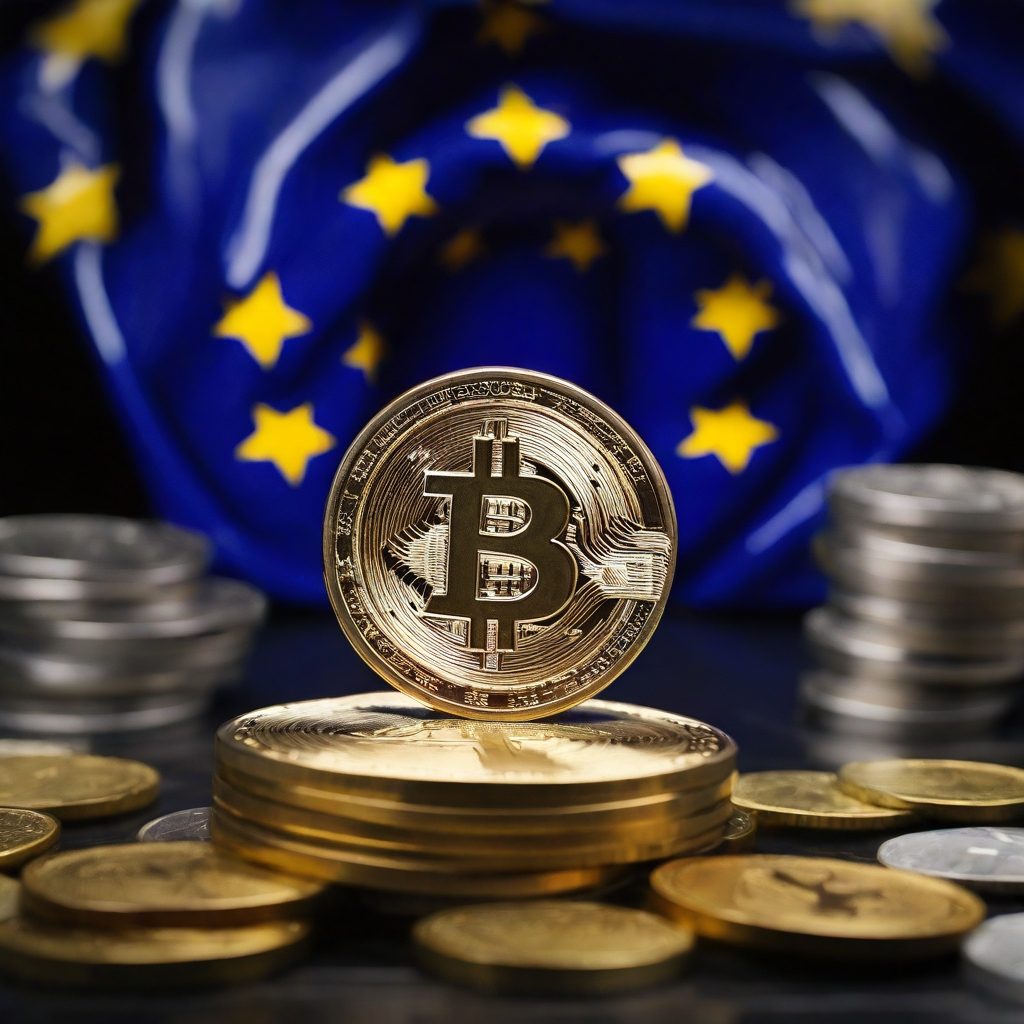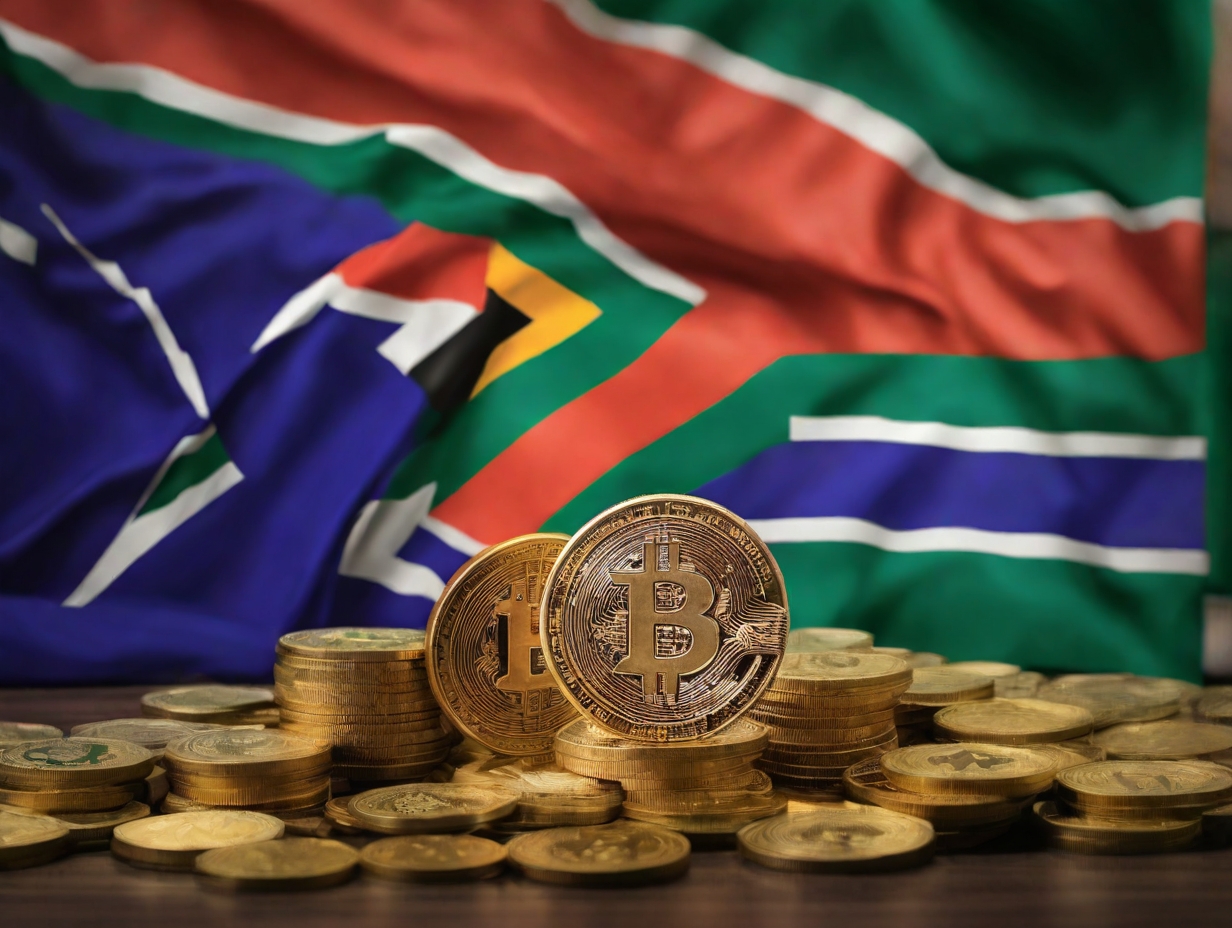In the ongoing legal battle between Ripple Labs and the Securities and Exchange Commission (SEC), both parties have reportedly submitted a list of dates indicating their availability and unavailability for the upcoming trial, scheduled for the second quarter of next year. This development comes as part of the protracted legal proceedings surrounding the classification of XRP.
Renowned XRP attorney Bill Morgan took to social media platform X (formerly known as Twitter) to share his insights, suggesting that the trial is unlikely to commence before April 19, 2024, based on the dates involved.
This legal saga has been marked by significant developments. Following Judge Analisa Torres’ ruling that determined XRP was not a security, she subsequently announced the scheduling of a trial for the second quarter of 2024. This ruling also upheld the status of the SEC-Ripple summary judgment until the trial takes place. Additionally, Judge Torres established a deadline for both Ripple Labs and the SEC to provide their blackout dates—periods when they would be unavailable—for the trial.
According to information shared in a Twitter thread by defense lawyer James K Filan, Ripple’s CEO Brad Garlinghouse and co-founder, Chris Larsen responded to Judge Torres’ request regarding available trial dates. They informed her that the timeframe from April 1 to April 14 would be inconvenient for their participation. An official letter, addressed to Judge Torres and penned by attorney Michael K. Kellog, conveyed this sentiment.
Ripple vs SEC
Likewise, the SEC also submitted a response outlining its availability during the trial months. The regulatory body indicated its willingness to participate in April, May, and June, but excluded specific dates from its list, such as April 15-19, May 1-7, and May 27-31. The SEC’s letter, detailing their preferred dates for the trial, was shared on Twitter by journalist Eleanor Terret.
Amidst a series of tumultuous events within the cryptocurrency space, including the SEC’s legal actions against various exchanges and tokens, Judge Torres’ ruling brought a glimmer of hope for investors. Despite the imminent trial, many investors and enthusiasts remain steadfast in their belief that the classification of XRP as a non-security will endure despite the legal proceedings.
As the legal timeline unfolds and the trial draws nearer, market participants and stakeholders will continue to closely monitor developments, as the outcome of this case could have significant implications for how cryptocurrencies are regulated and understood within the broader financial landscape.





